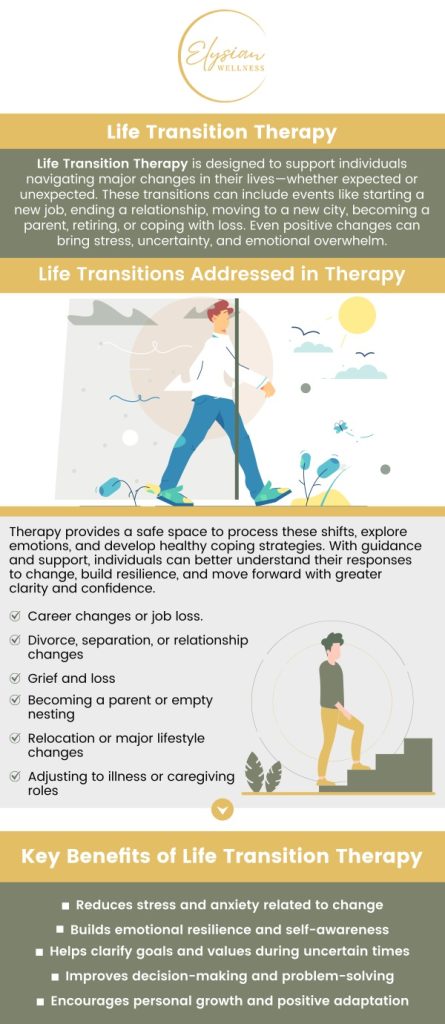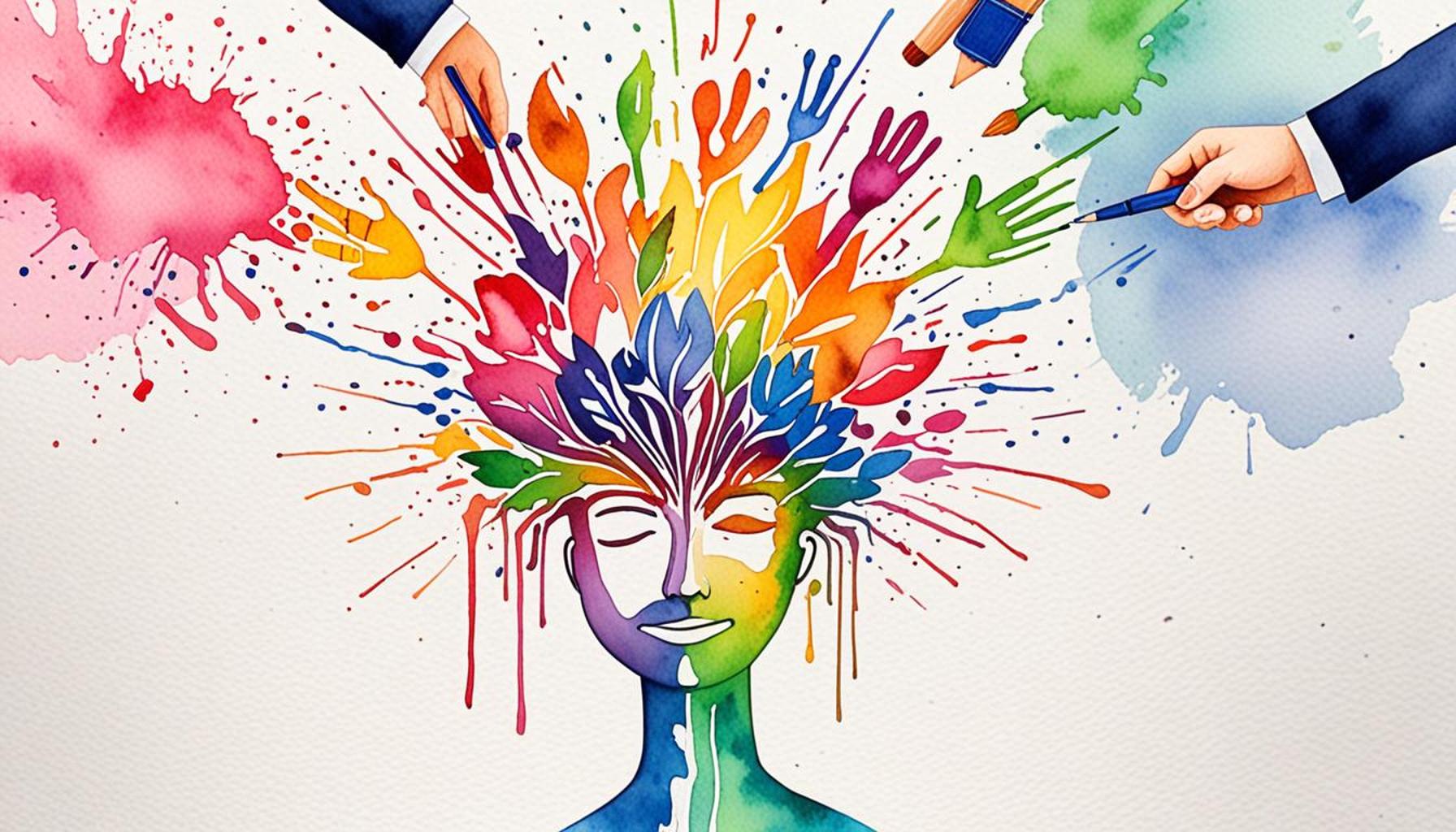Emotional Resilience as a Tool for Adaptation in Times of Social Change

In today’s dynamic landscape, individuals are regularly exposed to a range of adversities that can threaten their mental health and emotional stability. The concept of emotional resilience has gained prominence as it represents the ability to recover from setbacks and to navigate through difficult situations with a sense of hope and determination. This capacity is essential in times of social change, such as unforeseen economic developments, political turbulence, or evolving social norms that challenge the status quo.
The Significance of Emotional Resilience
The benefits of developing emotional resilience are manifold, influencing both individual well-being and broader societal unity. For instance, adaptation is a key feature of resilient individuals. They possess a remarkable ability to readjust to new environments and circumstances swiftly. This adaptability can manifest in various aspects of life—be it shifting careers due to economic trends or modifying one’s lifestyle in response to changing social norms.
Moreover, having coping mechanisms in place can significantly alleviate stress levels. Resilient individuals often employ various strategies to manage anxiety effectively. For example, mindfulness practices, such as meditation or yoga, have been shown to enhance emotional regulation and provide a sense of calm amidst chaos. Furthermore, engaging in community activities can create a sense of belonging and support, which is vital for mental health.
The importance of community support cannot be understated, as resilience enhances collective strength. In Nigeria, where communal living is a cornerstone of culture, resilient citizens are better positioned to rally around one another in times of crisis. This could involve grassroots initiatives that emerge in response to socio-political challenges, such as community-organized food drives during economic downturns, or neighborhood watch groups that enhance safety during times of unrest.
As we navigate through Nigeria’s complex social landscape, which includes various cultural dynamics, the need for emotional resilience becomes increasingly pronounced. Economic fluctuations due to global market trends can disrupt livelihoods, while shifts in cultural values test family structures and community relationships. Fostering emotional resilience empowers individuals and communities to withstand these pressures and emerge stronger. By nurturing these capacities, we can cultivate a more adaptive society that meets challenges with creativity and unity.

LEARN MORE: This related article may interest you
The Role of Emotional Resilience in Facing Social Change
Understanding the components of emotional resilience reveals its importance in adapting to social change. At its core, emotional resilience consists of several key traits that help individuals cope with stressors effectively. These traits enable individuals to not merely survive challenging times but also to thrive amidst adversity. Some of the most critical characteristics include:
- Optimism: Resilient individuals maintain a positive outlook, recognizing that setbacks are temporary and change is often a catalyst for new opportunities.
- Flexibility: The ability to adjust one’s thoughts and behaviors when faced with adversity allows individuals to explore alternative pathways and solutions.
- Problem-Solving Skills: Effective problem solvers approach challenges with a sense of purpose, analyzing situations methodically to find constructive solutions.
In Nigeria’s multifaceted society, where traditional values intertwine with modern challenges, emotional resilience can be particularly pivotal. For example, as economic instability leads to rising unemployment rates, individuals who embrace optimism can navigate these uncertain times with foresight. They seek innovative ways to create income—be it through entrepreneurship or skill acquisition—transforming personal challenges into opportunities for growth.
Furthermore, emotional resilience bolsters social connections, which are vital in Nigeria’s communal context. Community engagement serves as a vital support system during times of distress. For instance, local organizations may establish support groups aimed at fostering mental well-being, thereby promoting resilience within neighborhoods. These groups can facilitate workshops that teach coping mechanisms, encourage storytelling sessions, or provide safe spaces for sharing experiences related to social change.
Awareness of the significance of emotional resilience extends into various sectors, including education, healthcare, and the workplace. Schools can play a crucial role by integrating emotional intelligence training into their curricula, equipping young individuals with tools to handle stress and adapt to changing environments. Likewise, employers are recognizing that emotionally resilient employees contribute to a more dynamic and productive workforce, therefore fostering a culture of resilience can enhance productivity and job satisfaction.
The impact of emotional resilience extends beyond individuals to encompass the entire community. When resilience is collectively prioritized, it cultivates a sense of shared purpose and strength. Adaptive strategies at the community level, such as collaborative problem-solving initiatives or disaster preparedness programs, ensure that neighborhoods are better equipped to face hardships brought on by social changes. For instance, during the recent pandemic, many communities in Nigeria mobilized to provide resources ranging from food distributions to mental health services, demonstrating the power of collective resilience in action.
In summary, emotional resilience serves not only as a personal asset but as a communal strength that can significantly impact societal adaptability. As Nigeria continues to navigate through periods of social and economic transformation, fostering emotional resilience will be a vital strategy in overcoming challenges and building a more cohesive society.
As societies face rapid transformations, the necessity for emotional resilience becomes increasingly critical. Emotional resilience refers to the ability to adapt to stress, adversity, and change, while maintaining mental well-being. This quality empowers individuals to navigate the complexities of social upheaval and emerge more robust and adaptable.One significant aspect of emotional resilience is its role in fostering mental health. By cultivating resilience, individuals can better cope with anxiety, depression, and other mental health challenges that often accompany social change. Techniques such as mindfulness, cognitive behavioral strategies, and social support can enhance these resilience traits, enabling individuals to face challenges head-on rather than succumbing to despair.Moreover, emotional resilience can lead to improved decision-making during turbulent times. When individuals are emotionally strong, they tend to approach problems with a clear mind, making rational choices that benefit not only themselves but also their communities. This collective adaptability is essential for societies striving to rebuild and innovate amidst change. Research indicates that resilient individuals contribute positively to their environments. They demonstrate a willingness to collaborate and support others, creating a ripple effect that fosters communal resilience. Communities with high emotional resilience are often better at mobilizing resources, sharing knowledge, and promoting mental health initiatives, making them more adept at handling crises.Educational programs focusing on emotional intelligence can play a pivotal role in equipping individuals with these essential skills. As schools and workplaces integrate resilience training into their curricula, we might witness a generation better equipped to tackle societal challenges.Emphasis on personal stories of resilience can also motivationally influence others. Sharing experiences of overcoming adversity can inspire action and foster a culture of support, proving that while change can be daunting, it also presents opportunities for growth and transformation. In conclusion, emotional resilience is more than just an individual trait; it serves as a fundamental pillar for collective adaptation in the face of social change. By nurturing this quality, we pave the way for a more cohesive and resilient society, prepared to confront the future with hope and strength.
LEARN MORE: This related article may interest you
Building Emotional Resilience: Strategies and Implications
As Nigeria faces ongoing social transformations, the necessity of actively cultivating emotional resilience cannot be overstated. This requires both individual efforts and systemic changes across various sectors of society. Implementing tailored strategies can strengthen the fabric of resilience in communities, making them more adaptable to changes brought about by economic shifts, rapid urbanization, and even climate change.
Mindfulness practices, such as meditation, deep-breathing exercises, and yoga, are increasingly popular methods through which individuals can enhance their emotional resilience. Research indicates that engaging in mindfulness fosters a greater awareness of one’s thoughts and emotions, promoting emotional regulation. For instance, programs in Lagos have integrated mindfulness sessions into schools, resulting in students demonstrating improved concentration and emotional control amidst societal pressures. These practices not only benefit individuals but also promote healthier social interactions.
Moreover, the role of social media in fostering emotional resilience merits attention. Social media platforms can serve as tools for sharing experiences and garnering support during times of social change. In Nigeria, hashtag movements like #EndSARS have illustrated how digital mobilization can empower individuals to express their struggles and build solidarity. This virtual community support can serve as a lifeline, supporting emotional resilience through shared experiences and collective action.
Furthermore, mental health education remains a crucial aspect of fostering resilience. In Nigeria, mental health stigma prevails and often hampers individuals from seeking help. Initiatives that promote mental health literacy can significantly alter this paradigm. Educational campaigns that clarify the importance of emotional well-being and provide resources for support can empower individuals to prioritize their mental health as they navigate social changes. Schools and workplaces must incorporate training on emotional intelligence and coping strategies to adequately prepare individuals for the challenges they may face.
Cross-sector collaboration plays a vital role in enhancing emotional resilience at the community level. Governments, NGOs, and private sectors can collectively address the need for psychological support systems. For example, after the COVID-19 pandemic, various organizations in Nigeria formed coalitions to offer mental health services, outreach programs, and counseling in communities severely affected by emotional trauma. Such collaborative efforts not only improve access to mental health resources but also reinforce community ties through a shared commitment to resilience.
Additionally, understanding the concept of cultural resilience is crucial in Nigeria’s context. The nation is rich in diverse cultures, and leveraging these cultural identities can provide a sense of belonging and stability during tumultuous times. Community storytelling—a traditional method for passing down wisdom and experiences—can be a powerful tool for fostering emotional resilience. Engaging with elders in the community to share lessons from past hardships can serve as a reminder of human strength and adaptability, teaching younger generations how to navigate contemporary challenges.
The importance of proactive mental health policies cannot be understated. Advocating for government interventions that prioritize mental health in public health agendas ensures that emotional resilience is woven into the national dialogue. Policies should focus on expanding access to mental health services, implementing prevention programs, and investing in mental health research. By emphasizing mental well-being as a critical component of public health, Nigeria can lay the groundwork for a resilient society that is prepared to adapt to future social changes.
In conclusion, building emotional resilience is a multifaceted endeavor that requires active participation from individuals, communities, and institutions alike. By employing various strategies and fostering supportive environments, Nigeria can navigate the complexities of social change more adeptly, paving the way for a stronger, more resilient society.
ADDITIONAL INSIGHTS: Expand your understanding here
Conclusion
In light of the ongoing social transformations in Nigeria, it is clear that emotional resilience is an indispensable tool for adaptation. As communities encounter the challenges of economic shifts, political unrest, and cultural upheavals, fostering resilience can facilitate a smoother navigation through these turbulent times. The various strategies highlighted, from mindfulness practices to community storytelling, illustrate that resilience is not solely an individual endeavor; it thrives in an environment supportive of mental health and emotional well-being.
Moreover, the pivotal role of social media has emerged as a contemporary avenue for building community solidarity. By sharing experiences and rallying support, Nigerians can collectively fortify their emotional capacity, connecting through digital platforms to face the challenges posed by social change. This digital mobilization not only promotes awareness but also fosters a culture of empathy, which is critical in times of crisis.
Last but not least, the commitment from government bodies, NGOs, and private sectors to prioritize mental health education and proactive policies can lay a strong foundation for resilience at the national level. By integrating mental health into public health agendas, Nigeria can champion a more adaptive society, prepared to face the ebb and flow of change with strength and unity. The journey towards emotional resilience is multifaceted, but by prioritizing it, Nigeria not only empowers its citizens but also paves the way for sustainable growth amidst social transformation.


